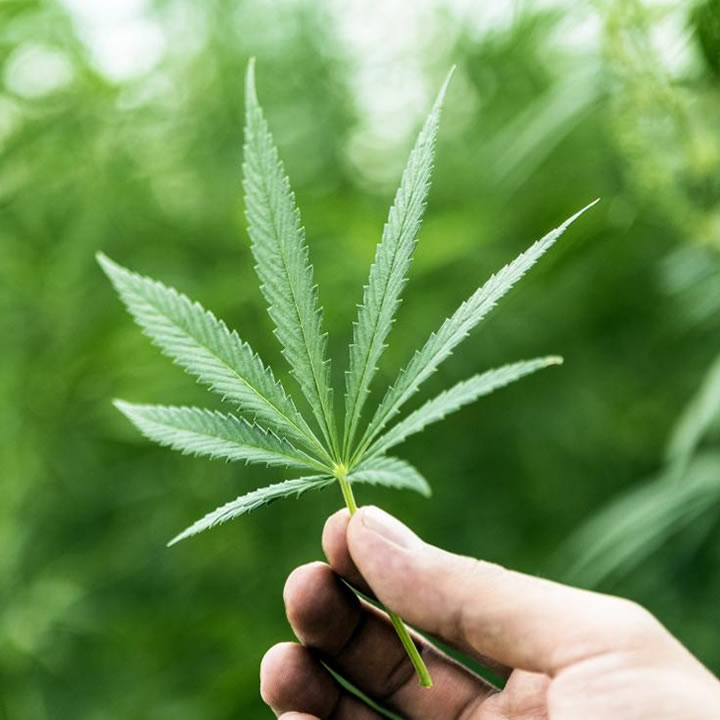Cannabidiol, commonly known as CBD, has gained significant popularity for its potential health benefits and as a wellness supplement. However, navigating the legal status of CBD in the United States can be confusing due to complex and evolving regulations.
In this article, we will explore the legality of CBD and cannabis seeds for sale in the USA, shedding light on federal laws, state variations, and important considerations for consumers.
Understanding CBD and its Source
CBD is a non-intoxicating compound derived from the cannabis plant.
It can be extracted from both marijuana and hemp, which are two varieties of cannabis plants. Marijuana contains higher levels of THC (tetrahydrocannabinol), the psychoactive compound responsible for the “high” associated with cannabis.
Hemp, on the other hand, contains minimal amounts of THC and is typically cultivated for its industrial uses, including CBD extraction. It’s easily available in online stores like Blimburn Seeds Bank.
Federal Law: The Farm Bill and Hemp Legalization
The legal status of CBD is primarily influenced by the Agriculture Improvement Act of 2018, commonly known as the Farm Bill.
This legislation removed hemp and its derivatives, including CBD, from the Controlled Substances Act (CSA). As a result, hemp-derived CBD became legal at the federal level, provided it contains less than 0.3% THC.
This landmark legislation opened the doors for the cultivation, production, and sale of hemp-derived CBD products across the United States. However, it is essential to note that the Farm Bill did not explicitly address CBD’s regulatory oversight, leaving room for further interpretation and state-level regulations.
State Variations and Regulations
While the Farm Bill legalized hemp-derived CBD at the federal level, individual states have the authority to enact their own laws and regulations. As a result, the legal status of CBD can vary from state to state.
Some states have adopted the federal definition of hemp and allow the production and sale of CBD products with certain restrictions. Other states have implemented stricter regulations or have yet to align their laws with the federal framework.
Consumers must research and understand the specific laws and regulations in their state to ensure compliance.
Important Considerations for Consumers
When purchasing CBD products, consumers should be mindful of a few key factors:
- THC Content: Hemp-derived CBD products should contain less than 0.3% THC to comply with federal regulations. It is important to check product labels or third-party lab reports to verify THC levels.
- Quality and Safety: Look for CBD products that undergo third-party testing to ensure quality, purity, and accurate labeling. Reputable companies provide these test results, also known as Certificates of Analysis (COAs), on their websites or upon request.
- FDA Regulations: The Food and Drug Administration (FDA) has authority over the regulation of CBD products, including labeling, manufacturing standards, and health claims. Currently, the FDA prohibits adding CBD to food and dietary supplements. However, they have approved one prescription CBD medication for specific medical conditions.
- Medical Use: Some states have legalized medical marijuana, which may include higher levels of THC and different regulations. Medical CBD products obtained through legal channels are subject to separate rules and requirements.
Final Words
The legality of CBD in the United States is a complex and evolving landscape. The Farm Bill of 2018 removed hemp-derived CBD from the Controlled Substances Act, making it federally legal with certain stipulations.
However, state laws can vary, and consumers should be aware of the specific regulations in their jurisdiction. By staying informed, understanding federal and state laws, and purchasing from reputable sources, consumers can navigate the CBD market responsibly and confidently.
It is always advisable to consult with legal professionals or healthcare providers for specific guidance regarding CBD use and legality in their respective states.

